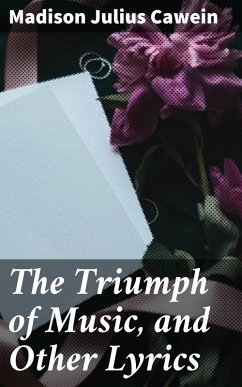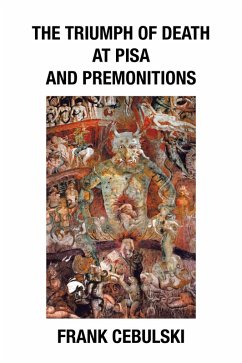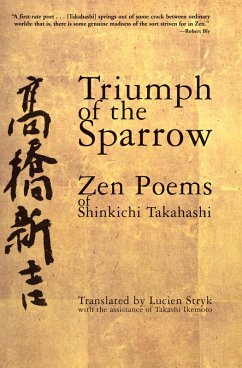Madison Julius Cawein's "The Triumph of Music, and Other Lyrics" is a collection that seamlessly marries nature with the human experience, employing rich imagery and lyrical dexterity to explore profound themes of life, art, and emotion. Cawein's poetry is characterized by its musicality, reflecting the influence of Romanticism that seeks beauty and transcendence in both natural landscapes and the intricate tapestry of human feelings. The poems are imbued with a sense of nostalgia and spiritual depth, making them resonate with the reader amid the backdrop of late 19th-century American literature, a period marked by a growing appreciation for aesthetic beauty and individual expression. Cawein, an influential figure in American poetry, was deeply inspired by the natural world and the cultural movements of his time. His upbringing in Kentucky, rich in natural beauty, profoundly influenced his work, allowing him to draw vivid landscapes and emotional landscapes alike. A contemporary of poets like Robert Frost and Edwin Arlington Robinson, Cawein's exploration of the intertwining of music and nature reveals not only his personal convictions but also the larger cultural aspirations toward an integrated artistic experience. This collection is highly recommended for readers seeking a lyrical experience that transcends the mundane and transports them to a realm where nature and music converge. Whether you are a long-time admirer of American poetry or new to Cawein'Äôs work, "The Triumph of Music, and Other Lyrics" offers a remarkable window into the emotional and creative potential of poetry, inviting readers to savor each line as it dances with melody and meaning.
Dieser Download kann aus rechtlichen Gründen nur mit Rechnungsadresse in A, B, BG, CY, CZ, D, DK, EW, E, FIN, F, GR, H, IRL, I, LT, L, LR, M, NL, PL, P, R, S, SLO, SK ausgeliefert werden.









